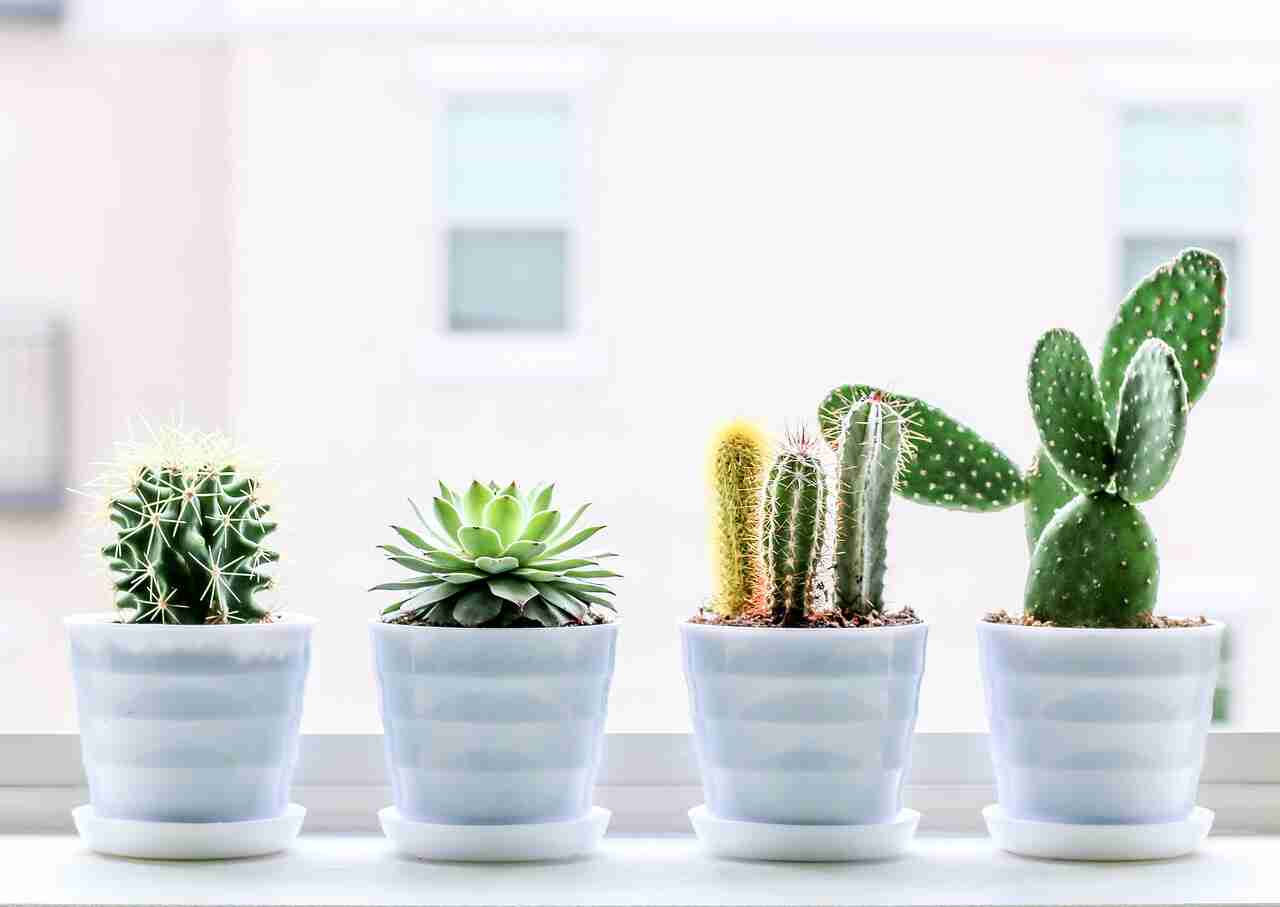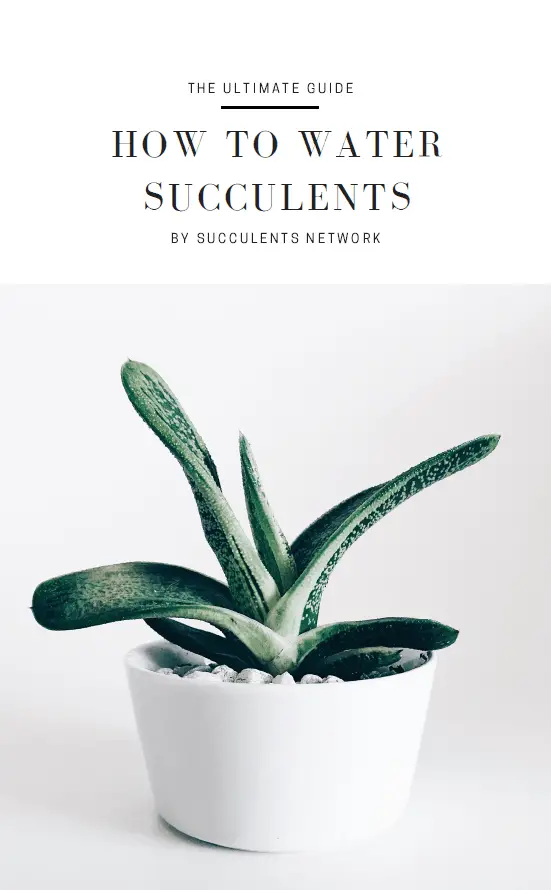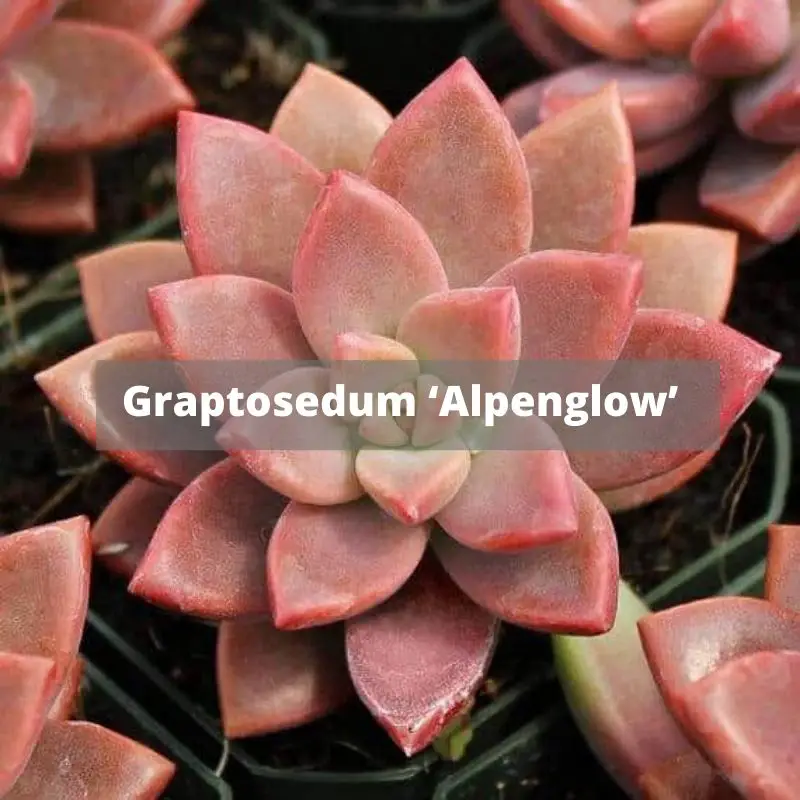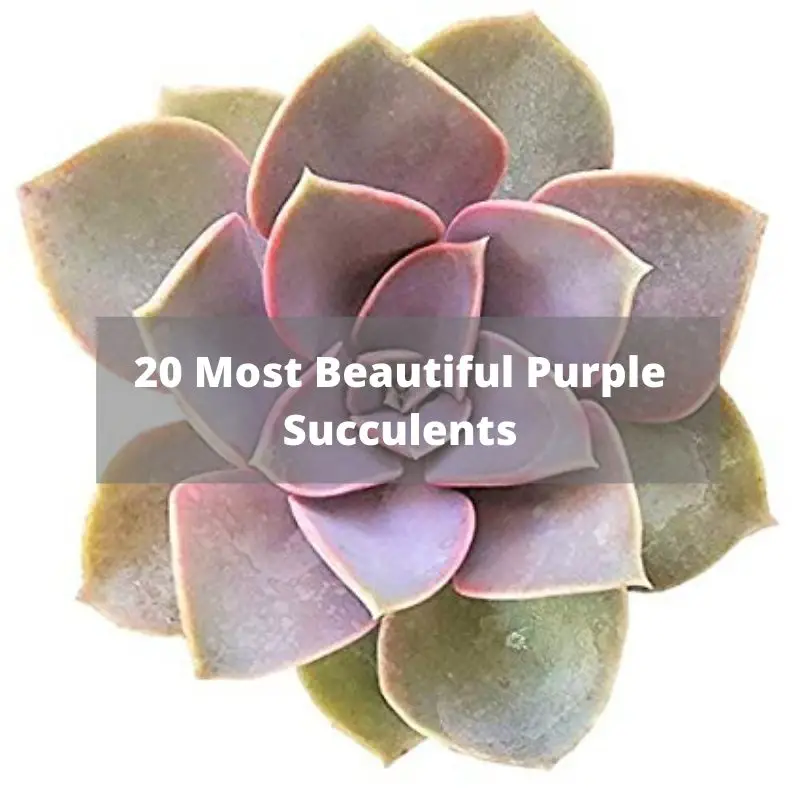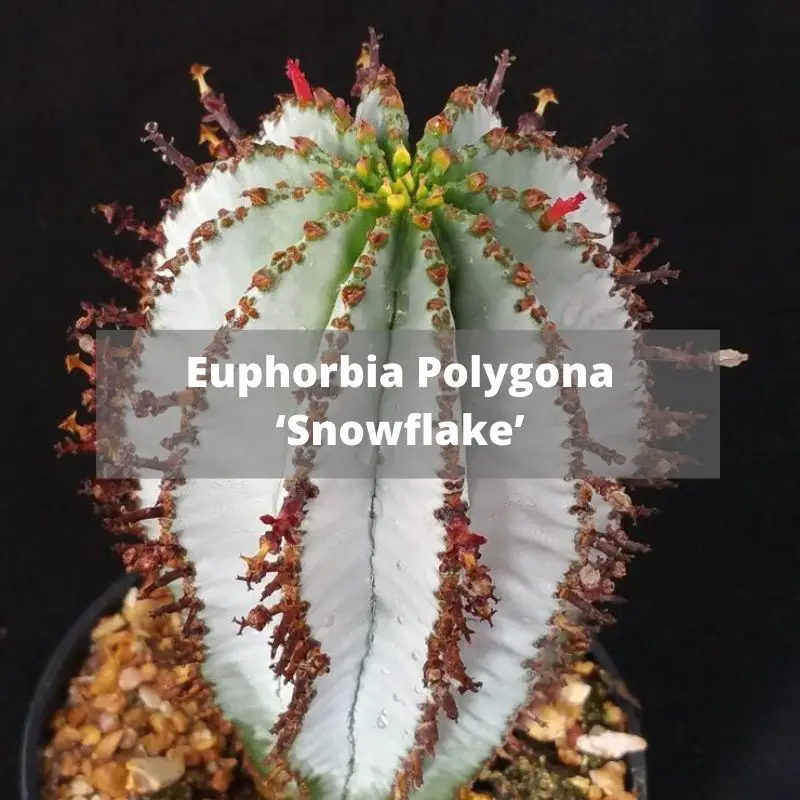Do you have houseplants? Do you intend to improve the nutritional content of your soil? Are you looking for ways to use natural fertilizers for your houseplants? Well, you are in luck today because we have very effective solutions in simple remedies that you can do by yourself at home and at a cheap cost.
Types of natural fertilizer for houseplants
There are several types of natural fertilizers that you can be able to make for you plants to thrive. These fertilizers are locally available and consist of recycled components and items within the house or in the backyard. They include:
Banana Peels
Bananas are very rich in potassium. Several plants also need potassium to be able to sustain their growth. Using it is quite simple, you can throw a peel or two into the hole before planting and under mulch to compost or puree them with water and pour it onto the houseplant.
Coffee Grounds
Used coffee grounds are another way of using natural fertilizers in plants. They are typically mixed with potting soil and then used for compost. It is also possible for you to make liquid fertilizer by taking the coffee grounds and leaving them to soak in water for about a week. When the water is ready, pour it onto the plants that need the fertilizer. This fertilizer provides nitrogen and low levels of potassium and phosphorus. The coffee grounds are also at times added to the compost piles by some gardeners to kill weeds and pathogens and to help nourish the plants.
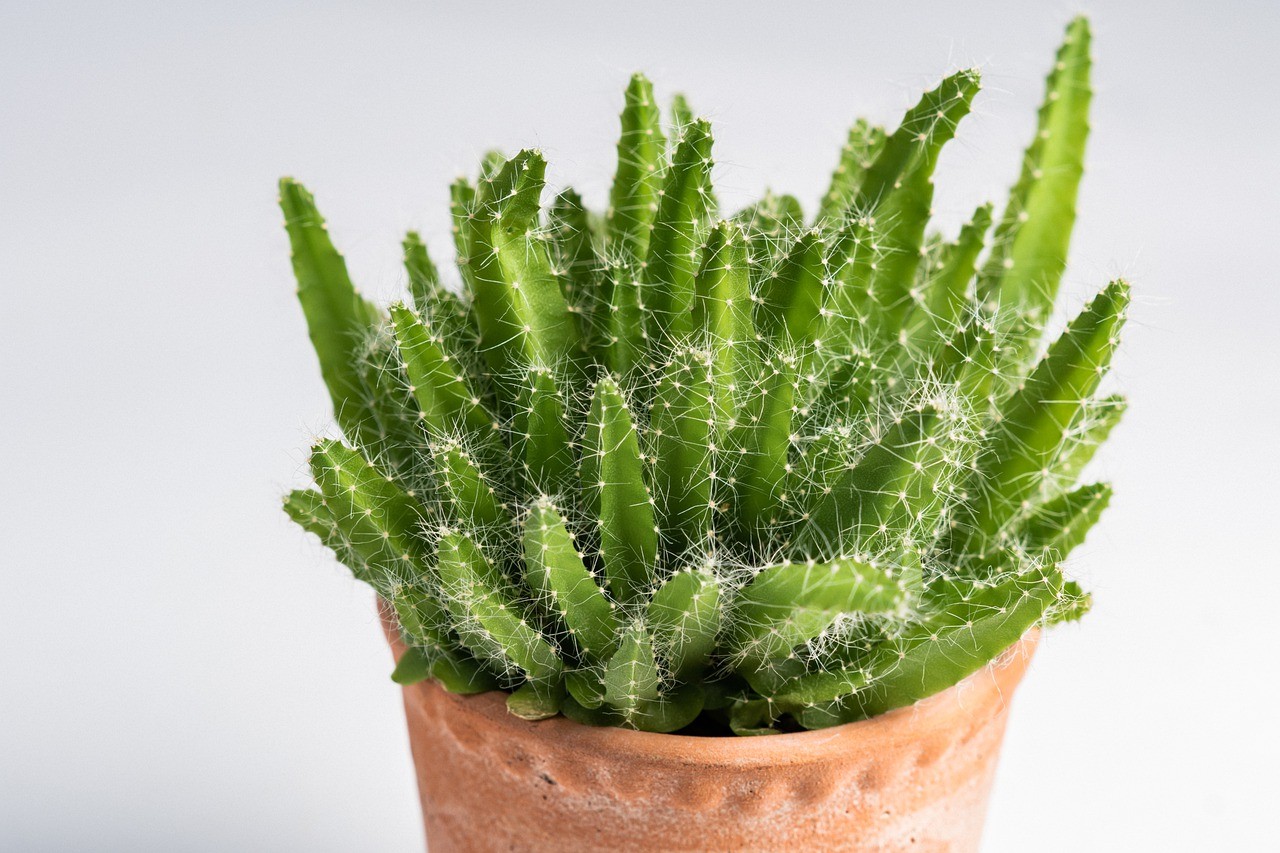
Picture via Pixabay
Eggshells
The eggshells are very rich in calcium which is a micro-nutrient that is very important for plants. It helps in lowering the acidity level of the soil. To use them, clean them, then crush them into smaller pieces. Cover them lightly in the ground near plants like tomatoes and pepper. The eggshells contain about 83% of calcium carbonate, which helps a lot in the amending of the soil.
Weeds
Weeds can also function as fertilizer for the houseplants. They can be used in the compost or as a brew. They can also work as mulch, especially in instances where they have not started flowering. They provide much-needed nitrogen and does not steal any nutritional element from the plants.
Manure
Natural manure is one of the best natural fertilizers that you can obtain for the plants that you are growing. There are a lot of farmers who may willingly give out farm manure for free. The fertilizer may consist of chicken, horse or cow manure. The fertilizer that has been composted and is old is the best that you can be able to apply to the plants.
Seaweed
Fresh and dried seaweed sold in the Asian markets can function as manure. The plant is one of the best soil amendments that you can be able to use to fertilize the houseplants. They contain trace elements and also act as food for the microbes in the soil.
Grass Clippings
Grass naturally breaks down over time to provide nitrogen to the houseplants. Cut grass into small clippings and soak them in water then let it sit for a day or two. Take the concentrated liquid and mix it with ten cups of water for every cup of the grass solution. Apply this to the base of the plants.
Are your succulents dying? Do you need urgent help to keep them alive? Don’t worry! This ebook will solve the problems. I shared all my secrets related to how to water succulents with you.
Epsom Salt
High qualities of Epsom salt are rich in sulfate and magnesium. These two minerals provide nourishment that allows the plants to grow fuller and greener. Dissolve one tablespoon of the Epsom salt in 1 gallon of water then use the mixture to water the houseplants. It is also possible for you to add the granule of Epsom salt directly to the soil when potting for effective results.
Green Tea
Green tea contains tannic acid, which helps in raising the acidity of the soil. It improves soil oxygenation and increases the level of nutrients in the ground to help the roots of the plants to grow and thrive.
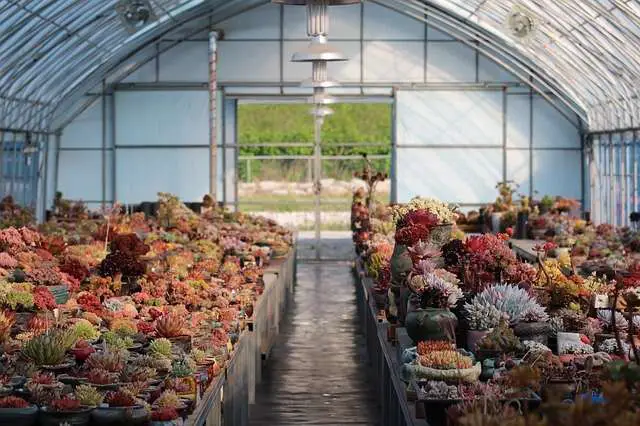
Picture via Pixabay
Advantages of natural fertilizers for houseplants
Assists in the building of the soil – The natural fertilizers are known to improve the structural component of the potting soil, causing increased aeration of the sol which in turn enhances the ability of the earth in holding nutrients and moisture. It helps in the promotion of the microbial ecosystem.
- Environmental friendly – The natural fertilizers are much more ecologically friendly, which enhances its sustainability with the renewable and biodegradable components.
- Gentle and safe – The natural fertilizers are relatively balanced in terms of the components and do not have concentrations that are harmful to the soil. The elements of natural fertilizers are slow in breaking down; hence there is no risk of the crops getting burnt. The natural fertilizers also help avoid leaching and toxic salt buildup.
-
They are economically affordable – The natural fertilizers which you can readily get from the house and other products are generally cost-effective. It means that you can recycle the secondary nutrients without you spending any money on them.
Transforms unhealthy soil – Using natural fertilizers on unhealthy soil helps to improve the quality of the land. The natural fertilizers can promote the content of the ground and make it more suitable for planting.
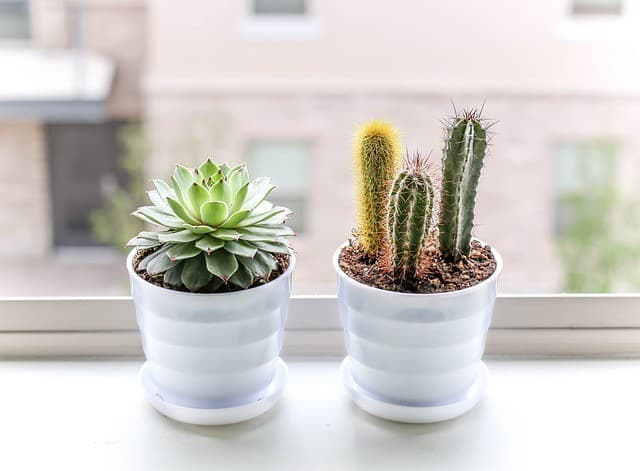
Picture via Pixabay
Disadvantages of natural fertilizer for houseplants?
- Takes a more extended time – The components of natural fertilizers take a longer time for them to break down then get absorbed by the plants. The natural fertilizers have a slow release of nutrients to the soil, which may not be helpful for plants that need immediate care.
- Low supply – The natural fertilizers have such a high demand among crop growers that it is always small or out of supply. Composing organic fertilizers is a ready solution, but it is never adequate to suffice the need.
- It is messy and inconvenient – The process of making natural fertilizers is quite easy yet very messy. The smell of rotting organic ingredients is very unpleasant, and many find it uncomfortable.
- Low nutrients levels – The levels of nutritional value in organic fertilizers usually are deficient. This deficiency is because the nutrients in natural fertilizer have a lot of complications in terms of their organic chemical structure.
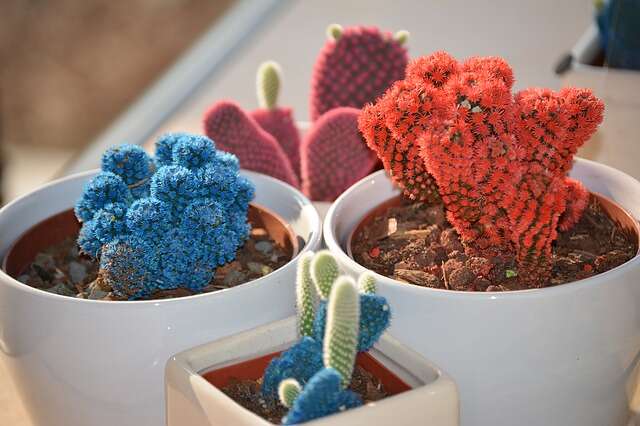
Picture via Pixabay
Conclusion
In conclusion, the application of natural fertilizers for houseplants is far much beneficial that the use of chemical fertilizer. It is much safer to use natural homemade fertilizer than the use of commercial natural fertilizers. The reason is that the benefits of the natural fertilizer for houseplants are long-lasting and have a
more lasting effect on the soil and the plants as well.

